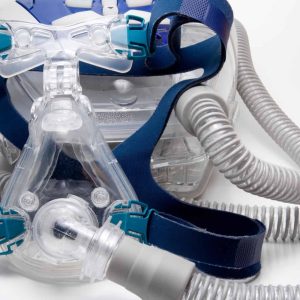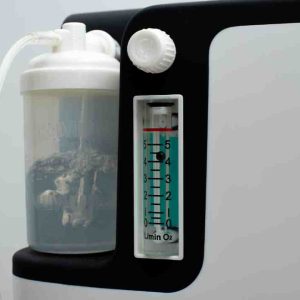
Introduction If you or a loved one require oxygen therapy at home, purchasing a portable oxygen concentrator is a critical decision. These devices help provide the necessary oxygen supply to individuals with respiratory conditions like COPD, asthma, and emphysema. In Australia, portable oxygen concentrators are widely available, but with so many options on the market, it can be overwhelming to choose the right one. This guide will explain...

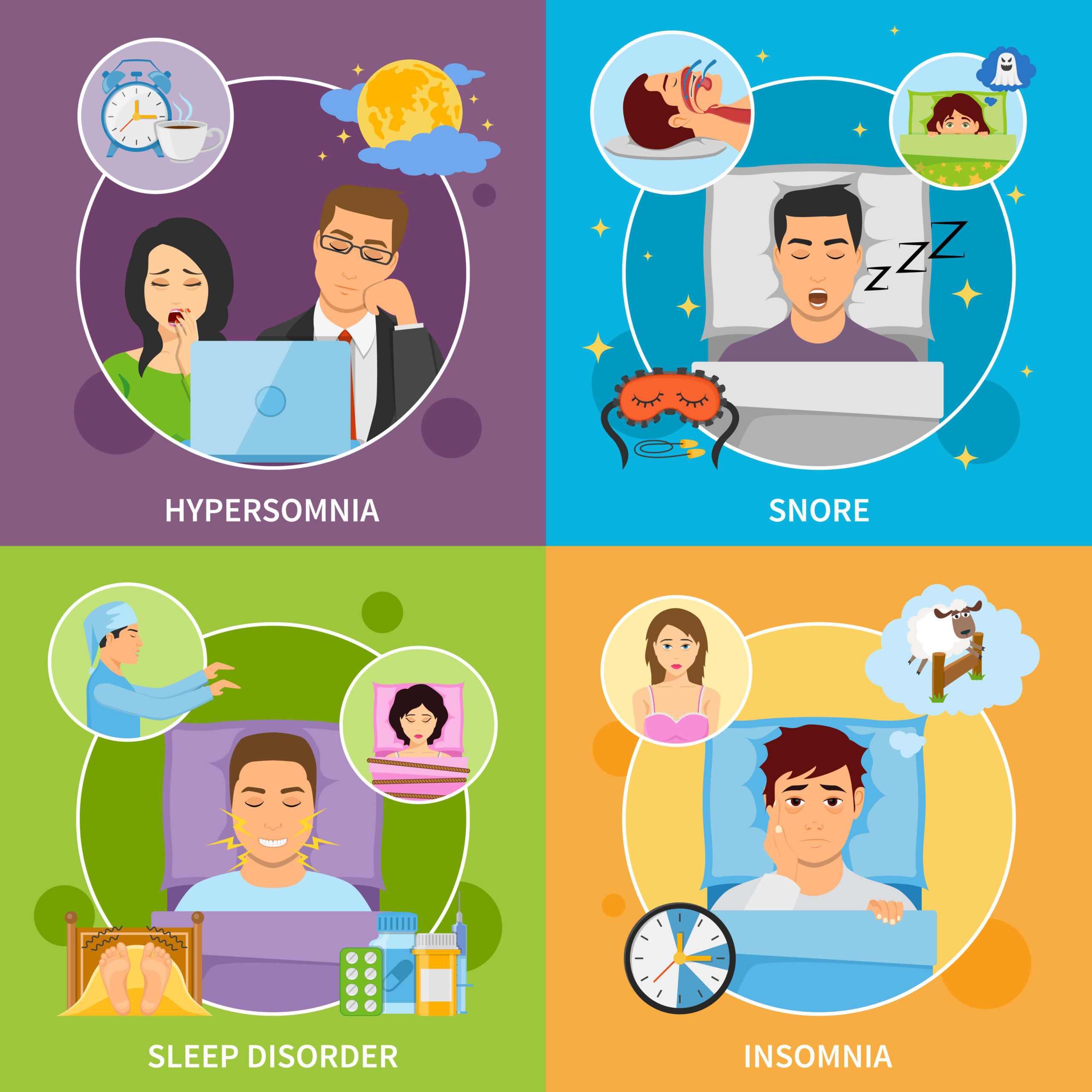
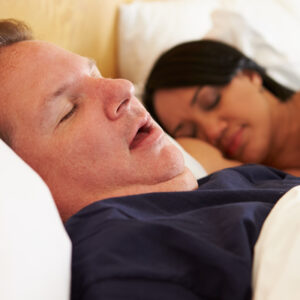 A 45-year-old male with moderate obstructive sleep apnea (OSA) started CPAP therapy after experiencing excessive daytime sleepiness, loud snoring, and frequent awakenings. Following a sleep study, he was prescribed CPAP therapy with a pressure setting of 10 cm H2O. After using CPAP consistently for several weeks, he reported significant improvements in his sleep quality and daytime alertness. His snoring reduced considerably, and he no longer experienced episodes of waking up gasping for air. The patient’s spouse also noticed a positive change, as his snoring no longer disrupted their sleep. Overall, CPAP therapy greatly improved his quality of life and restored his energy levels.
A 45-year-old male with moderate obstructive sleep apnea (OSA) started CPAP therapy after experiencing excessive daytime sleepiness, loud snoring, and frequent awakenings. Following a sleep study, he was prescribed CPAP therapy with a pressure setting of 10 cm H2O. After using CPAP consistently for several weeks, he reported significant improvements in his sleep quality and daytime alertness. His snoring reduced considerably, and he no longer experienced episodes of waking up gasping for air. The patient’s spouse also noticed a positive change, as his snoring no longer disrupted their sleep. Overall, CPAP therapy greatly improved his quality of life and restored his energy levels.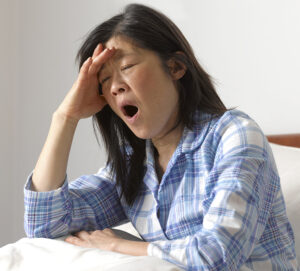 A 55-year-old female with severe obstructive sleep apnea struggled with persistent fatigue and morning headaches. Her sleep study revealed frequent apnea events during the night. She was prescribed CPAP therapy with a pressure setting of 12 cm H2O. After a few weeks of consistent CPAP use, the patient reported a significant reduction in daytime sleepiness. Her headaches became less frequent, and she felt more refreshed upon waking. Additionally, her blood pressure decreased, and she experienced better overall cardiovascular health. The patient’s follow-up sleep study showed a significant reduction in apnea events, indicating the effectiveness of CPAP therapy in managing her sleep apnea.
A 55-year-old female with severe obstructive sleep apnea struggled with persistent fatigue and morning headaches. Her sleep study revealed frequent apnea events during the night. She was prescribed CPAP therapy with a pressure setting of 12 cm H2O. After a few weeks of consistent CPAP use, the patient reported a significant reduction in daytime sleepiness. Her headaches became less frequent, and she felt more refreshed upon waking. Additionally, her blood pressure decreased, and she experienced better overall cardiovascular health. The patient’s follow-up sleep study showed a significant reduction in apnea events, indicating the effectiveness of CPAP therapy in managing her sleep apnea.